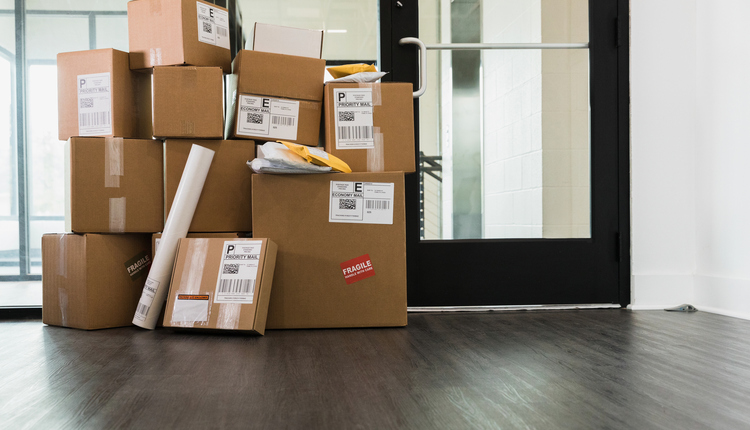Now that the carriers’ GRIs are in effect and 2023 is well underway, it’s a good time for companies to evaluate their small parcel shipping costs. Here are three tips for what companies can do right now to keep this year’s parcel spending in check.
Take a Look at Your Parcel Data
It turns out everything you need to reduce parcel shipping costs is in data you already have. The hard part is developing the proper process to get the most out of it — which comes down to finding the best parcel data BI and analytics tools to help. Using data in this way provides new perspectives that enable companies to break free from old habits and become more data-driven, which enables more thoughtful and informed decision-making.
How can employing BI and devoting resources to data analysis help? A parcel BI platform will identify hidden areas that can be improved throughout any parcel operation — for example, where you’re overpaying on fees and surcharges or where your optimal shipping locations should be located — and then suggest actionable ways to make improvements.
Don’t Stop Auditing Parcel Invoices
Many companies have given up on auditing parcel invoices, but this is a mistake. UPS and FedEx service guarantees have come and gone over the past few years, and some shippers are putting less effort into auditing their invoices. The carriers are not perfect when it comes to service and billing. And there are likely plenty of refunds you’re owed from the carriers due to late deliveries and invoice errors.
Don’t overlook that most shippers that audit their invoices save three to five percent on their parcel invoices. So, no matter what you may hear about the money-back guarantees, companies should continue to audit their UPS and FedEx invoices to catch the carriers’ billing errors.
Drop Everything and Renegotiate Your UPS and FedEx Contracts
Despite what many people think, it is always possible to renegotiate your small parcel contracts. There are misconceptions that companies can’t renegotiate a parcel contract before it’s expired or that other reasons for doing so are bad (and they’re almost all wrong). After holding most of the negotiating leverage during COVID, the carriers have lost much of it to shippers of late. Companies need to take advantage and engage in a new parcel contract negotiation.
The carriers are facing the same challenging market conditions all businesses are, and their current focus is holding on to market share. FedEx and UPS are also looking to gain parcel volume from each other. This puts you, the shipper, in a position of strength (finally). It’s time to use it.
Jey Yokeley serves as Vice President of Parcel Sales. Since joining TransImpact in 2017, Jey has used the knowledge and skills gained over 10 years in sales, marketing, and entrepreneurial arenas to help the companies stay viable and strong. He has transformed the sales team at TransImpact and is responsible for $20 million in revenue yearly. Jey graduated from Appalachian State University with a Bachelor of Science and a Masters in Business.











![GettyImages-911045162-[Converted]](https://cms-static.wehaacdn.com/parcelindustry-com/images/GettyImages-911045162--Converted-.2298.widea.0.jpg)




